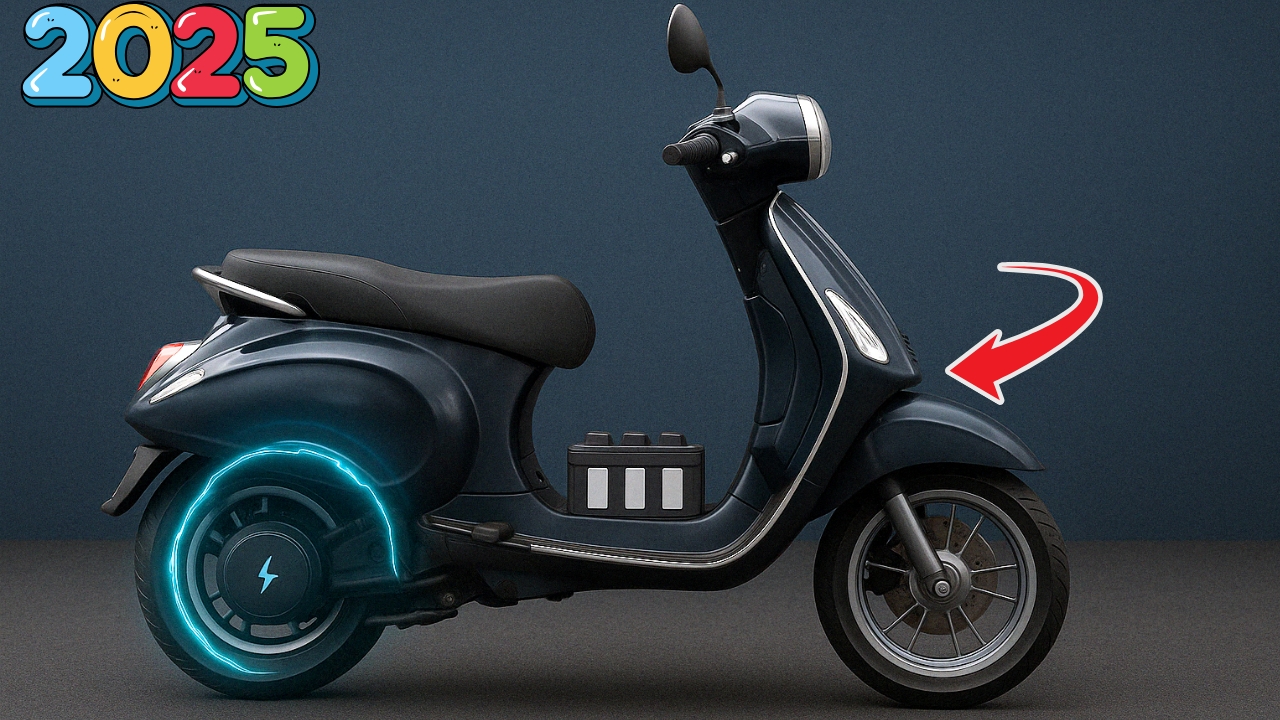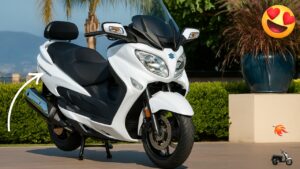With electric vehicle adoption growing rapidly across India, a new innovation is making headlines in local tech and EV communities the DIY Electric Scooter Conversion Kit. While brands like Ola, Ather, and TVS are dominating the EV scooter market, a silent revolution is brewing among budget-conscious and tech-savvy users who prefer converting their existing petrol scooters into fully functional electric scooters.
This concept is not only environment-friendly but also incredibly cost-effective. For under ₹35,000, many local EV startups and garage innovators are offering plug-and-play electric kits that can transform a Honda Activa, Bajaj Chetak, TVS Scooty, or even older LML and Hero models into a 100% electric ride.
What Exactly Is a DIY EV Conversion Kit?
A DIY conversion kit includes:
- Rear Hub Motor (48V or 60V)
- Battery pack (Lithium-ion or Lead-acid)
- Controller and throttle system
- Digital meter and wiring harness
- Charger and mounting brackets
These kits can be installed in 3–5 hours by local mechanics or DIY enthusiasts at home. Once fitted, the petrol engine is completely bypassed, and the scooter runs silently on electric power.
It’s similar to converting a regular cycle into an e-cycle — only this one involves slightly more effort and a lot more reward.
Real-World Range and Charging Time
Depending on the battery capacity, users can expect:
- Range: 40–70 km on a single charge
- Top speed: 40–55 km/h
- Charging Time: 4–5 hours using a 5A socket
For urban and semi-urban users, this is more than enough for daily commutes to the office, school, or market. This upgrade also avoids recurring fuel costs and lowers maintenance significantly.
Who Is Offering These Kits?
Several Indian garage-level innovators and green tech startups in states like Maharashtra, Gujarat, Tamil Nadu, and Telangana have started offering certified or semi-certified EV kits. Many even ship across India and provide technical video support on YouTube.
Some names gaining popularity in enthusiast circles include:
- GoGoA1 (Mumbai)
- ETrio Garage Series
- Bharat EV Solutions
- Custom EV garages in Hyderabad and Pune
Since these products are still emerging, they aren’t yet available on big e-commerce platforms giving your article a first-mover advantage.
Government Regulations: What You Should Know
While this concept is catching fire among young riders and mechanics, government approvals for on-road use depend on state-wise RTO rules.
Currently:
- Retrofitted EVs need ARAI approval for official registration
- Personal, low-speed use (below 25 km/h) on private property may not require RTO updates
- Some EV startups are collaborating with RTOs to get temporary certification for test usage
With EV rules evolving, it is expected that within a year, these kits could be standardized and easily approved with limited documentation.
Benefits Over Buying a New Electric Scooter
Here’s why this DIY method is gaining popularity:
- Costs 70% less than a new EV scooter
- Reuses existing chassis and body
- Saves old scooters from scrap
- No EMI burden or insurance renewal required
- Parts are easily replaceable and upgradeable
- Teaches riders about how EVs work
It gives a feeling of owning something personalized — and in a country like India where jugaad and practicality go hand-in-hand, this innovation fits perfectly.
Is It Safe and Reliable?
As long as the installation is done by a trained technician and proper insulation is maintained, these scooters are safe for short daily usage.
Some users have even added:
- Portable solar panels for eco-charging
- GPS tracking and anti-theft alarms
- Brake regenerative systems (in advanced kits)
For heavy-duty usage or hilly terrain, riders are advised to choose a 72V kit with 1500W motor, which may cost slightly higher but delivers better torque and hill-climb ability.
Final Verdict: The EV Revolution Just Got Personal
The rise of DIY electric scooter kits in India proves that people are not just ready for EVs they’re ready to custom-build them. With affordability, practicality, and eco-benefits all packed into one kit, this trend has the potential to redefine India’s two-wheeler segment from the ground up.
If you’re someone who owns an old scooter and wants to switch to electric without spending ₹1.5 lakh on a new vehicle, this could be your chance to ride the future quite literally.


